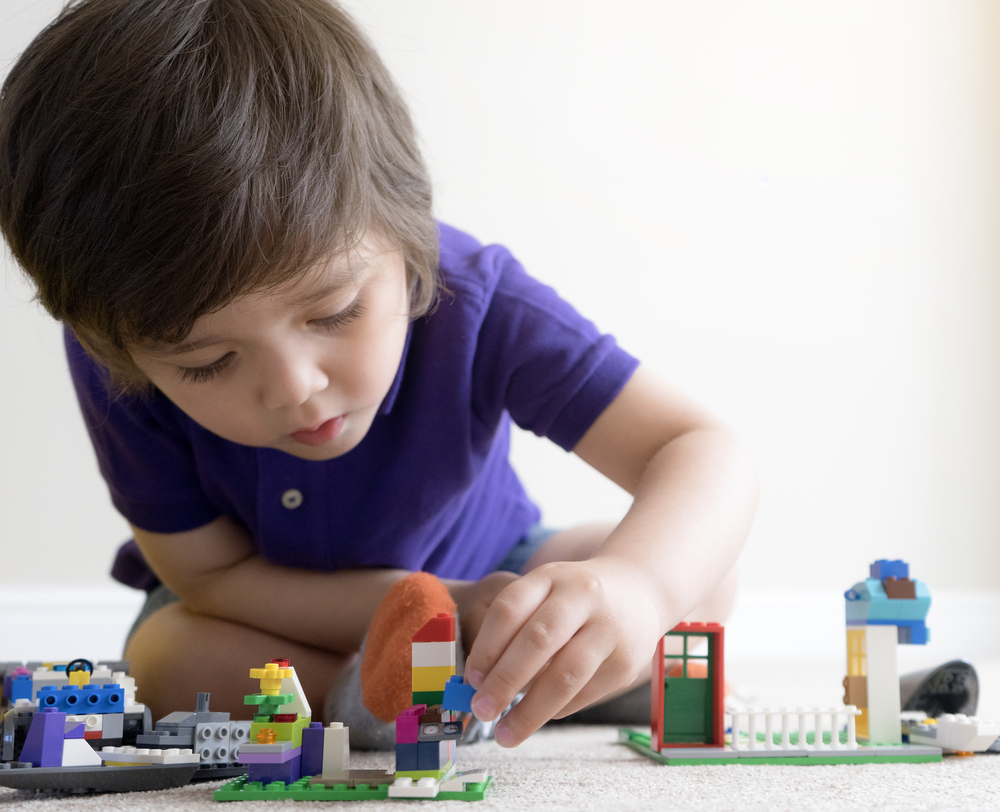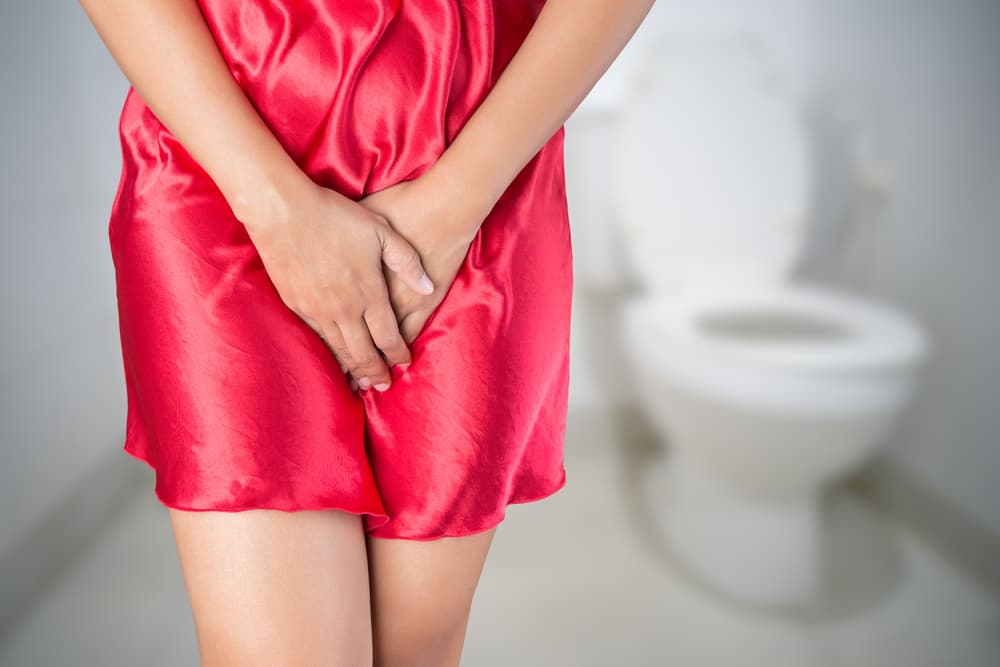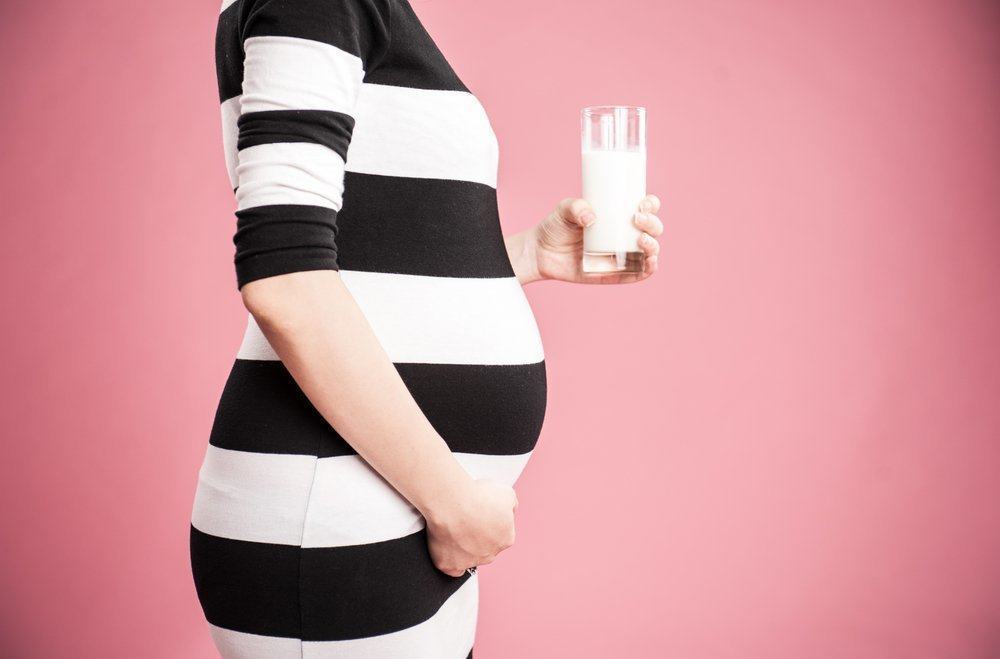Contents:
- Medical Video: Understanding Bipolar Disorder
- Recognize bipolar symptoms, namely mania and hypomania
- Difference between mania and hypomania
- 1. The accompanying symptoms
- 2. Shows a different type of bipolar
- 3. The duration of the episode takes place
- 4. Care given
Medical Video: Understanding Bipolar Disorder
Bipolar disorder or bipolar disorder is a mental illness characterized by extreme mood swings. People who experience this condition find it difficult to carry out daily activities, including in relationships. The main symptoms include mania, hypomania, and depression. At first glance hypomania and mania sound the same, but both are different bipolar symptoms. What is mania and hypomania? What's the difference between the two? See the answer here.
Recognize bipolar symptoms, namely mania and hypomania
Most people experience ups and downs of emotions or mood swings from time to time. However, someone who has bipolar mood can change very drastically in a very fast time. Sometimes he can feel very excited or full of energy. At other times, he feels depressed. Any changes in atmosphere that occur in people with bipolar disorder are called episodes because they occur alternately. Each episode shows three main symptoms, namely mania, hypomania, and also depression.
Mania is a condition of mood disorders that makes a person feel very excited physically and mentally. People with bipolar disorder who experience this episode will make irrational decisions. For example, spending large amounts of money to buy something very expensive. Patients are also prone to doing things that are violent or sexual abuse.
While hypomania is a form of mania that is lighter or not too extreme changes in mood. Although not too extreme, people who experience this episode will do something different than usual. This condition is difficult to know, but people around the patient are able to recognize these changes. Changes that are affected by drugs or alcohol do not include hypomania episodes.
Difference between mania and hypomania
1. The accompanying symptoms
Symptoms of mania and hypomania are almost the same, but the level of consciousness is different. Quoted Medicine Medicine, symptoms of mania can be grouped, such as:
Symptoms of mania
- Excessive feelings of excitement that are not based on them appear
- Think fast so judgment and decision making are bad
- No need to sleep or rest
- Looks very nervous
- Tangential speech, which is repeatedly repeating inappropriate conversation topics
If the condition is severe, the symptoms that arise include:
- See or see something that doesn't exist but feels real (hallucinations)
- Cannot distinguish between imagination or reality (delusion)
- Feeling in danger
Symptoms of hypomania
- Feel yourself very excited so that it is more active than usual
- Talk more than usual
- Talk quickly, but nocontinue
- Difficulty focusing and concentration
2. Shows a different type of bipolar
There are four basic types of bipolar disorder, namely bipolar 1, bipolar 2, cyclothymic, and mixed bipolar disorder among the three. Episodes of mania often appear in people with type 1 bipolar disorder. These symptoms usually occur with episodes of depression.
While people who have bipolar 2 will not experience episodes of mania, but hypomania. Often people with bipolar 2 are diagnosed as depressed, when in fact they aren't.
3. The duration of the episode takes place
Not only the level of severity, the duration of the episode lasts is also different. Mania episodes in people with bipolar 1 will last up to one week or more. While hypomania episodes in people with bipolar 2 will last for up to 4 days.
4. Care given
During episodes of mania or hypomania, daily activities can be very disturbed. However, it is difficult to divert someone who has an episode of mania to a more calm and more reasonable state. Moreover, mania episodes will last for weeks.
That is why people who experience episodes of mania are severe enough to receive care and supervision from the hospital.
Unlike hypomania, symptoms that are not too severe can still be treated with medication and those around them at home.
If you experience bipolar symptoms, such as mania, hypomania, or depression alternately with very fast time, you should immediately consult your condition to a doctor or psychologist. That way, you can get the right diagnosis and treatment.
Remember, bipolar disorder cannot be cured. However, doing therapy to change lifestyles, take medication, and avoid triggers can help patients reduce the severity of symptoms.











